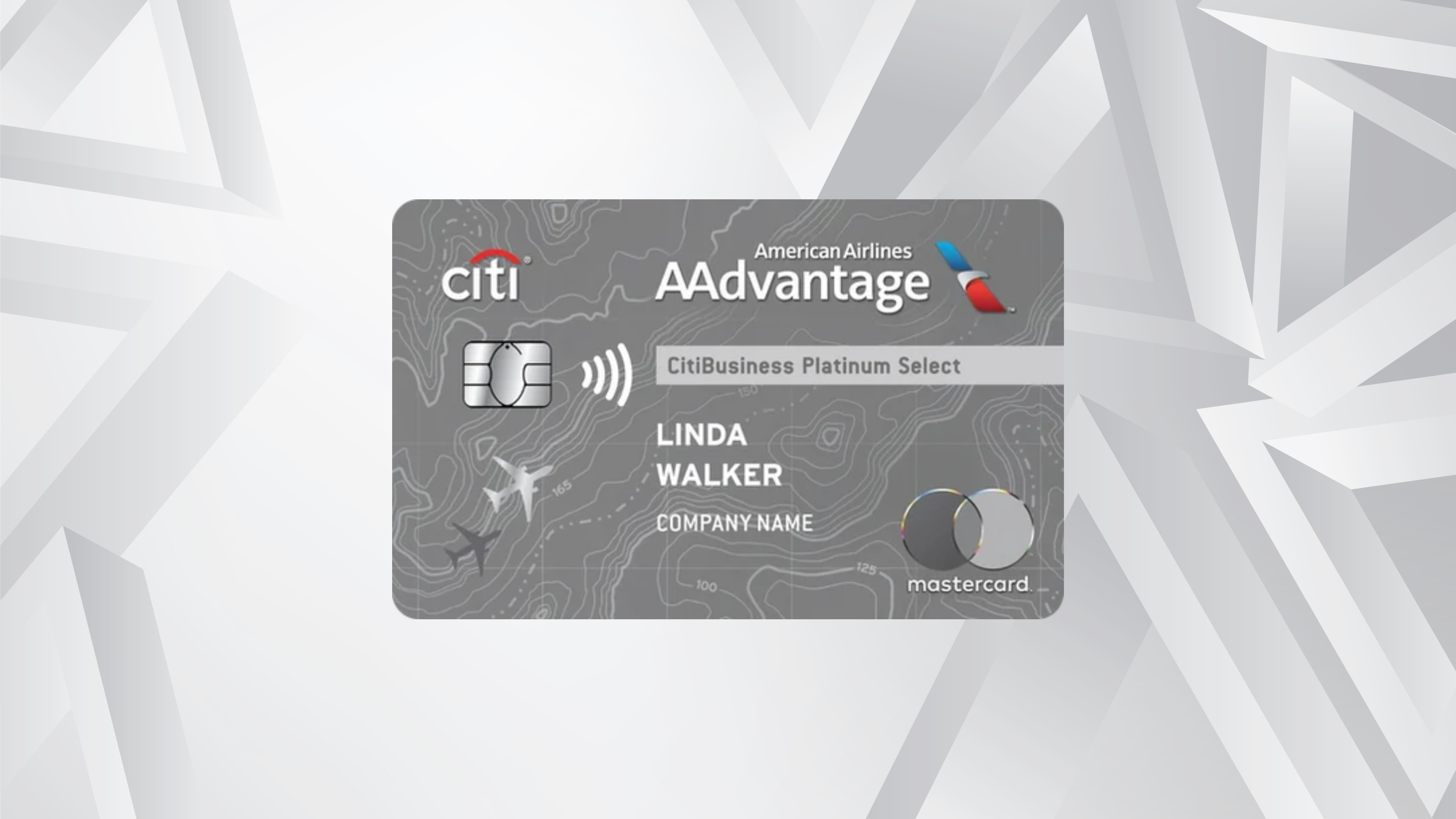Finances
How to Become an Investor: 8 Essential Steps for Beginners
Learn how to become an investor with these 8 easy steps for beginners. Create a long-term investment strategy and secure your financial future. Read on!
Advertisement
Creating your investment strategy for long-term success

Taking the first steps to become an investor marks a significant stride towards financial independence and a secure future, and we’ll teach you how to be one.

How to Invest in a Mutual Fund
Learn how to invest in a mutual fund with this quick-start guide: essential techniques savvy investors use for successful investments. Read on!
Within this guide, we will elucidate the 8 essential steps, propelling you to kickstart your investment journey and pave the way for long-term success. Read on!
You will be redirected to another website
You’ll receive messages for less than 1 week, with a maximum of 1 message per day. You can unsubscribe anytime by replying STOP. By submitting this form, I confirm that I am 18+ years old and agree to the Privacy Policy and Terms and Conditions. I also provide my signature, giving express consent to receive informational messages via automated emails, SMS, MMS text messages, and other forms of communication. Message frequency may vary as part of our good-faith effort to respond to your inquiry. Message and data rates may apply. Text STOP to cancel. I understand that my consent to receive communications is not a condition of purchase and that I may revoke my consent at any time.
Advertisement
8 steps to start investing
Starting to invest your money is a big decision that can help you secure your financial future, and the earlier you start, the better.
Whether you’re saving for retirement or just want to explore new ways to manage your money, there are a few important things you should know as a beginner.
In this guide, we’ll walk you through the 7 crucial steps to help you get started in investing and set you on a path to long-term success.
1. Set Goals
Investing your money can be overwhelming and confusing, especially if you’re not familiar with the technical jargon used in the field.
However, before you even think about investing, it’s important to take a step back and think about what you want to achieve.
Setting clear and realistic investment goals is essential to making the right decisions for your financial future.
So, you need to consider what you want to accomplish through investing, whether it’s saving up for a house, paying for your child’s college education, or simply having a comfortable retirement.
These goals will act as a guide for your investment choices, helping you stay focused and make informed decisions.
Advertisement
2. Think as an Investor

To become a successful investor, it’s important to think like an investor. But how can you do that?
You can start by understanding that investing is not a guaranteed way to make money and involves some level of risk.
You should base your investment decisions on solid financial knowledge, not your emotions.
So, you have to be prepared for the market to go up and down and focus on long-term investments rather than short-term gains. That’s how you start changing your mindset.
3. Create a Budget and Investment Plan
Another step to becoming an investor is to develop a budget and investment plan. It is crucial for achieving financial success.
To start, figure out how much money you can set aside for investing after taking care of your living expenses and savings.
Then, create a realistic investment plan that outlines how you want to invest your money and how much risk you want to take.
This way, you’ll have a solid foundation for achieving your financial goals.
Advertisement
4. Discover Your Investment Strategies
There are many ways to invest your money, like buying stocks, investing in real estate, or putting money into mutual funds.
It’s important to do some research and choose the investment strategies that fit your goals and comfort level with risk.
A good investment plan often includes a mix of different strategies, so you’re not putting all your eggs in one basket.

How to build an investment portfolio
Learn how to create an investment portfolio for beginners with this easy guide. Find out about the basic steps and what you should do to start. Read more!
5. Search About Financial Markets
It’s also important to learn about the financial markets so you can make informed decisions about your investments.
So, take the time to understand how they work, what affects them, and the different types of assets you can invest in.
Having this knowledge will help you make smart choices with your money.
6. Consider a Brokerage Account
If you want to know how to become an investor, first, you’ll need a brokerage account.
But what is a brokerage account? It’s like a bank account, but instead of holding your money, it holds your investments.
To choose the right brokerage account, you should look for one that is trustworthy and provides the services and tools that you need.
Also, consider things like how easy the account is to use and how helpful the customer support is.
Last but not least, check the fees to make sure they are reasonable and won’t eat up too much of your investment returns.
7. Diversify Your Portfolio

Investing all your money in one place can be risky. Imagine putting all your eggs in one basket- if that basket falls, you lose all your eggs. That’s why diversification is essential.
It means spreading your investments across different types of things, like stocks, bonds, and real estate. This helps protect your money when the market is unpredictable.
Diversification is like having a backup plan. If one investment isn’t doing well, you have others that might be doing better. Remember, investing is a long-term game.
Diversification is a strategy that can help you achieve your long-term goals by managing your risk and increasing your chances of success.
8. Monitor and Review
Finally, remember that investing is a journey, not a one-time decision. It’s important to regularly check on your investments and review your plan to make sure everything is on track.
If needed, make changes to keep your investments in line with your goals and what you’re comfortable with.
Additionally, while it’s important to stay on top of your investments, try not to overreact to short-term market fluctuations.
Stay patient and keep your eyes on the bigger picture, and you’ll be well on your way to achieving your investment goals.
Learn more about types of investments
In conclusion, becoming an investor is a thoughtful and strategic process.
By following the steps above, you can set yourself on the path to long-term financial success.
Keep learning and stay informed about the ever-changing financial markets.
Also, remember that your investment journey is a dynamic and evolving endeavor.
For more in-depth insights, stay tuned for our upcoming post on how to build an investment portfolio for beginners. Read on!

Types of investment accounts
Investing is essential, but there are many types of investment accounts. Want to learn more about them? So, read this article, and we'll tell you more about this topic.
Trending Topics

Best payment type if you are trying to stick to a budget
If you're looking for the best payment type to stick to a budget, check out the most popular options and their pros and cons.
Keep Reading
Choose the best flight deal for your next trip
Learn how to choose the best flight deal for your next trip. Save time and money with this travel guide! Check it out!
Keep Reading
CitiBusiness® / AAdvantage® Platinum Select® Mastercard® review
Read our CitiBusiness® / AAdvantage® Platinum Select® Mastercard® review to see how this card can help you save on airfare and baggage fees!
Keep ReadingYou may also like

Tomo Credit Card review: Build Credit with no interest
Build credit without breaking the bank. Discover the Tomo Credit Card in this review - ensure amazing discounts at your favorite brands.
Keep Reading
Learn to apply easily for Pick a Lender Personal Loan
Learn how to apply for Pick a Lender Personal Loan! Get up to $40K and use it for several purposes! Read on!
Keep Reading
Amazon Rewards Visa Signature Card review: What’s Great and Not So Great
How to shop on Amazon and Whole Foods with cashback? Find out here in this Amazon Rewards Visa Signature Card review. Read on!
Keep Reading